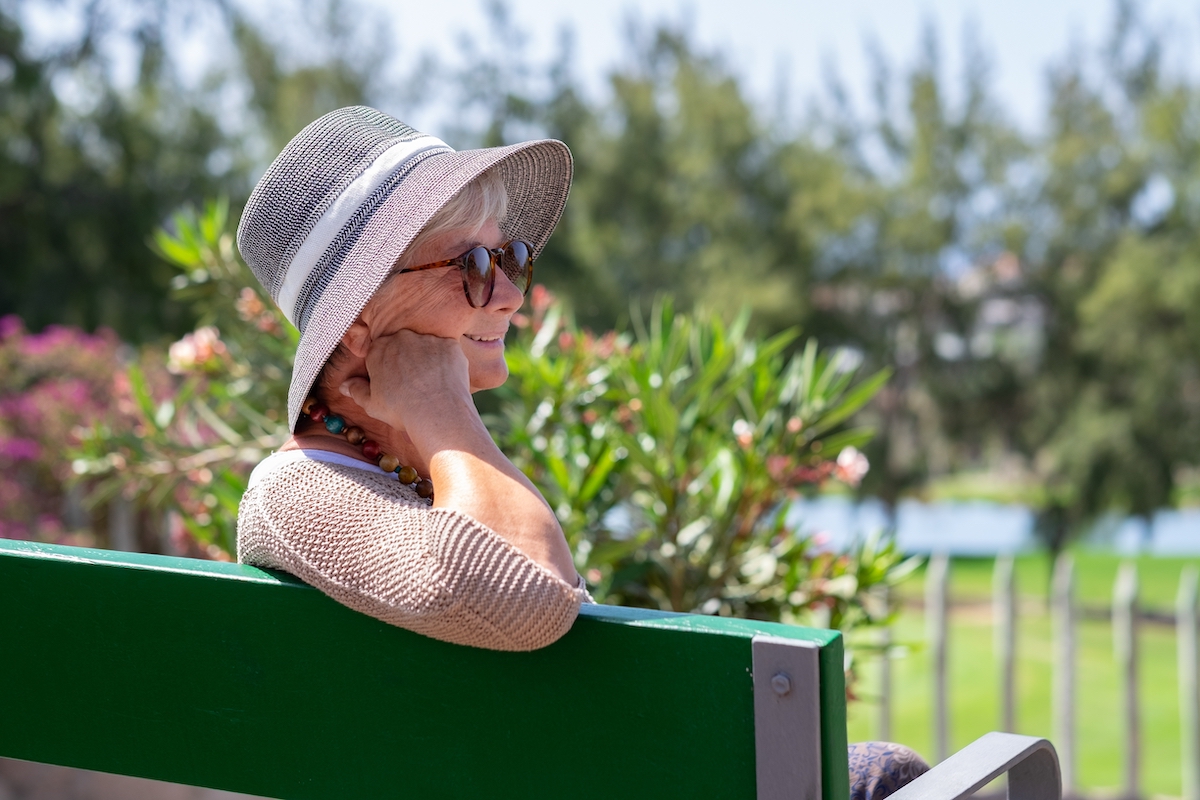
5 Summer Safety Tips: Protect Yourself this Summer
Published by Vivage on
Jul 1, 2023 8:00:00 AM
Summer is a time to enjoy the outdoors and the warm weather. However, the summer heat and sun can pose certain risks to health and well-being.
Our goal at Vivage Beecan is to help individuals improve their quality of life and overall well-being. This includes enjoying all that the great outdoors offers during the summer!
To help you do this, our team is sharing summer safety tips to help you make the most out of the beautiful weather.
1. Stay Hydrated
One of the most vital summer safety tips for individuals is to stay hydrated. Up to 60% of the human body is made up of water, but as we age, our body's ability to conserve water decreases and makes us more prone to dehydration. This can lead to serious health problems such as heat exhaustion, heat stroke, and kidney failure. Additionally, water is essential to helping the body regulate or maintain proper temperatures.
Individuals should aim to drink at least eight glasses of water a day and more if they are spending time outdoors or engaging in physical activity. It is also a good idea to avoid caffeine and alcohol, as they can cause dehydration. In addition to drinking water, foods with a high water content can help you stay hydrated, including:
- Lettuce – 96% water
- Cucumber – 95% water
- Celery – 95% water
- Tomatoes – 94% water
- Watermelon – 92% water
- Bell peppers – 92% water
- Strawberries – 91% water
- Cantaloupe – 90% water
2. Wear Appropriate Clothing
You may be surprised to learn that the colors in your wardrobe impact your body temperature. Darker colors like blacks, grays, and navy blues absorb the heat from the sun, whereas lighter colors such as pastels or whites reflect the sunlight.
Individuals should wear loose, light-colored clothing during the summer months. This can help to keep them cool and reduce the risk of heat-related illnesses. It is also a good idea to wear a hat to protect the head, neck, and face from the sun.
3. Protect Your Skin - and Your Eyes
Individuals should take extra precautions to protect their skin from the sun's harmful rays. This includes wearing a broad-spectrum sunscreen that protects against UVA and UVB rays with an SPF of at least 30. Additionally, you will want to look for a water-resistant formula that will protect you even if you are sweating or in the water.
It is common to apply sunscreen once and then forget about it, but remember to reapply it throughout the day if you are spending a significant time in the sun, especially if you are swimming.
In addition to burning the skin, the sun can also irritate and cause damage to your vision if you are not cautious. By wearing sunglasses, you can preserve your vision and protect your eyes from the sun’s UV rays. Your wide-brimmed hat will help keep the sun out of your eyes too!
4. Stay Cool
Summer is all about having fun in the sun, but paying attention to your body and taking breaks to cool off throughout the day is important. When possible, plan on doing your outdoor activities during non-peak heat times, such as the mornings or evenings. This can help you avoid some of the heat while still allowing you to spend time outdoors.
However, if you are out during the hottest times of the day, usually between 2:00 and 4:00 p.m., seek out shaded areas to help you stay cool.
5. Be Careful When Exercising
Exercise is essential for individuals of all ages, but you should take extra precautions during the summer months. For example, avoid exercising outdoors during the hottest parts of the day and choose less strenuous activities, such as walking or swimming.
Furthermore, stay hydrated before, during, and after exercise. If you experience any symptoms of heat stroke or heat exhaustion, such as dizziness or nausea, stop exercising immediately and seek medical attention.
It’s important to take extra precautions during the summer months to stay safe and healthy. By following these summer safety tips, you can enjoy the summer season while avoiding serious health risks.
We invite you to visit our blog for more tips and information on safety, healthy living, wellness, and more!